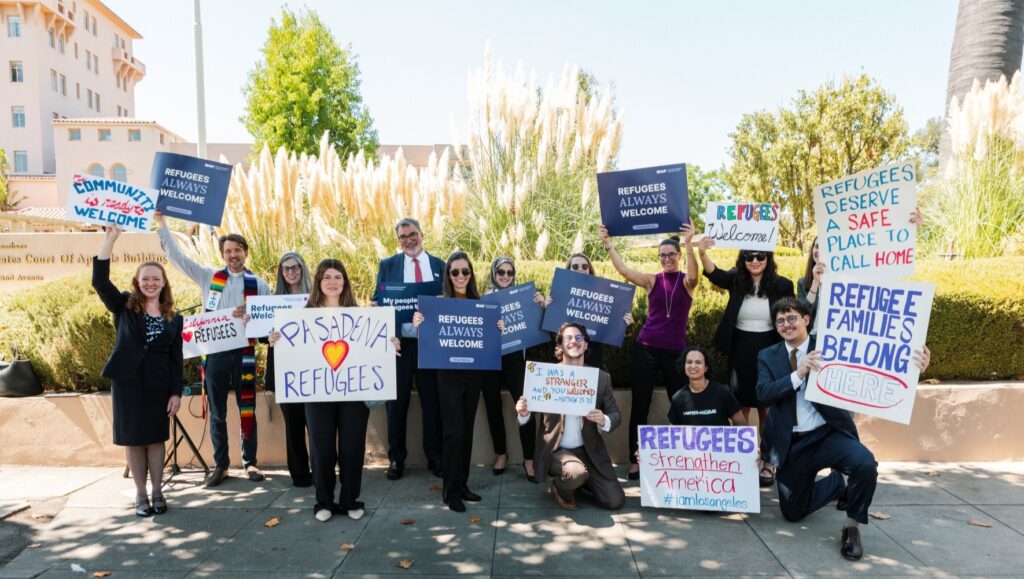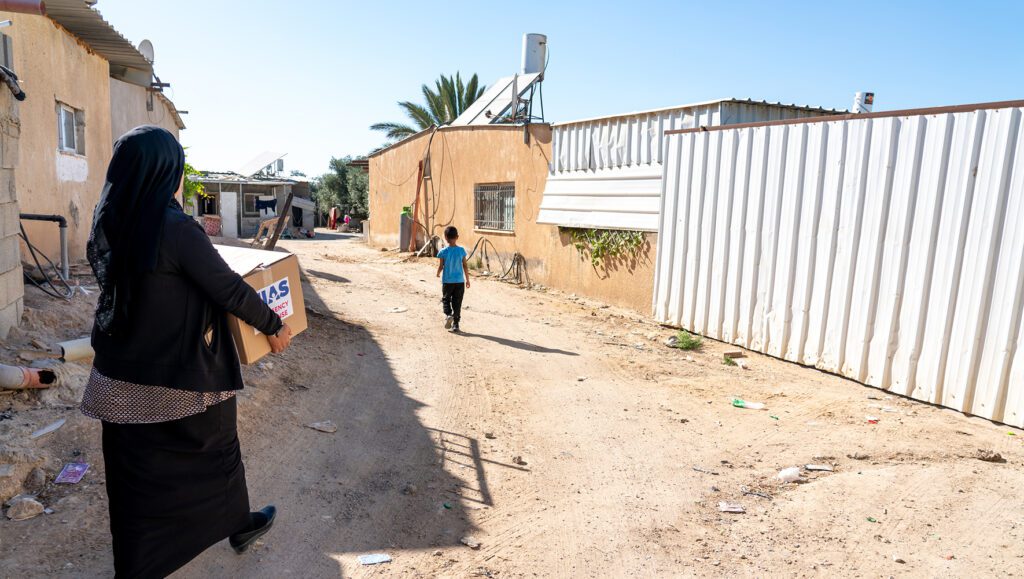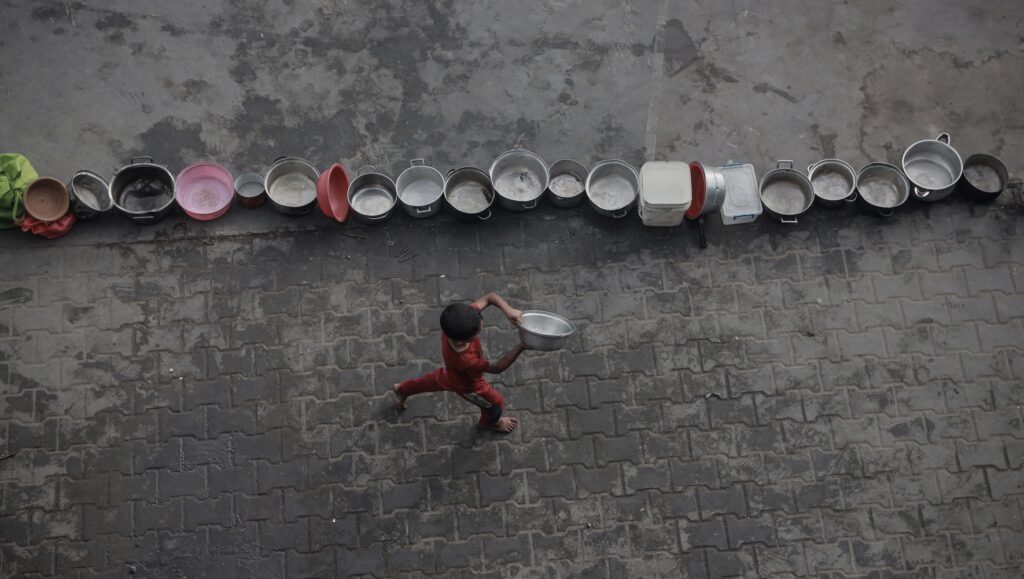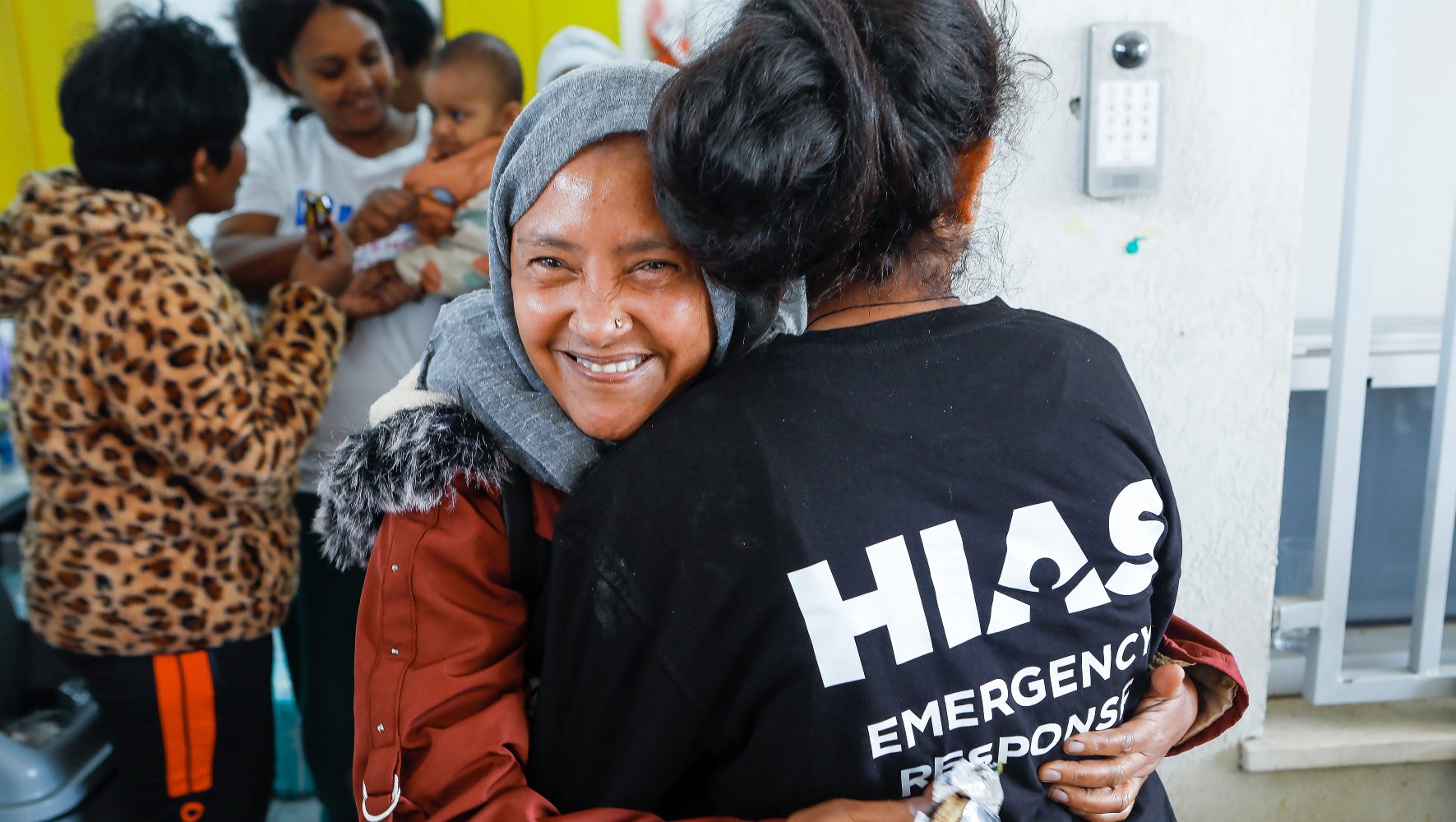
It has been one year since October 7, 2023.
Trying to summarize everything since then seems futile, like stepping into the ocean to collect water with an empty glass. Thinking about it all makes me drown with emotion. It also seems pointless, because this war feels far from over.
Yet, some sort of reflection is in order — even if just to bear witness.
It has been one year since the Saturday we woke up to sirens and booming rockets. One year since we had to adjust to a new, ever-changing reality, trying to catch up to it, always slightly behind, always out of breath.
So much was lost on October 7. Some of it can be counted or tallied: the number dead and the number injured. Many displaced from their homes. The many taken hostage, some never to return.
But some things can’t be quantified. The loss of trust, of peace of mind, of a sense of security. Of the belief that a better future awaits us.
On October 7, 2023, seeing the mayhem in the south, the destruction in the towns and at the Nova festival, the videos of people being kidnapped into Gaza, and the recurring rocket attacks, I felt that I was not safe in my home. This was something I was used to hearing from our refugee clients, but it was a totally unfamiliar feeling for me.
My heart was racing, and my mouth was dry as I threw clothes into a bag for my family and stashed them by the door. But my thinking was clear. Nothing is a given any more. Nothing is impenetrable. Even in the safe room, hearing the siren go off and bracing for impact, I felt small and vulnerable. It was then that I realized how easy it is to lose everything, how provisional a home is, how delusional a sense of security can be.
And with the fear came despair. We adopted a new wartime routine, replete with mounting levels of frustration and hopelessness, and woke up each day to a feeling of dread as new names of fallen soldiers or dead hostages were reported. The prospect of a full-scale war in the north, or across the region, loomed closer, terrifying and destructive. And amid it all is the suffering and devastation in Gaza.
“There is Comfort in Doing”
We came into this war exhausted, after months spent protesting the judicial overhaul. Struggling to defend Israel’s democratic identity gave many of us a sense of purpose. Today, in some respects, our work does that. The work helps keep our hearts open at a time when all the heart wants is to seal itself, to crawl into a dark corner and hide, so that we do not feel more pain. Our work forces the muscles of compassion to kick in. There is comfort in doing.
A few days after October 7, HIAS started our emergency response. Our emergency response team traveled the country, met with displaced communities from the north and south, people recently displaced and those who came to Israel after already being forced to leave a home, only to suffer the impact of war a second time. The emergency response has reached over 250,000 people in the past year through partnerships and direct programming.
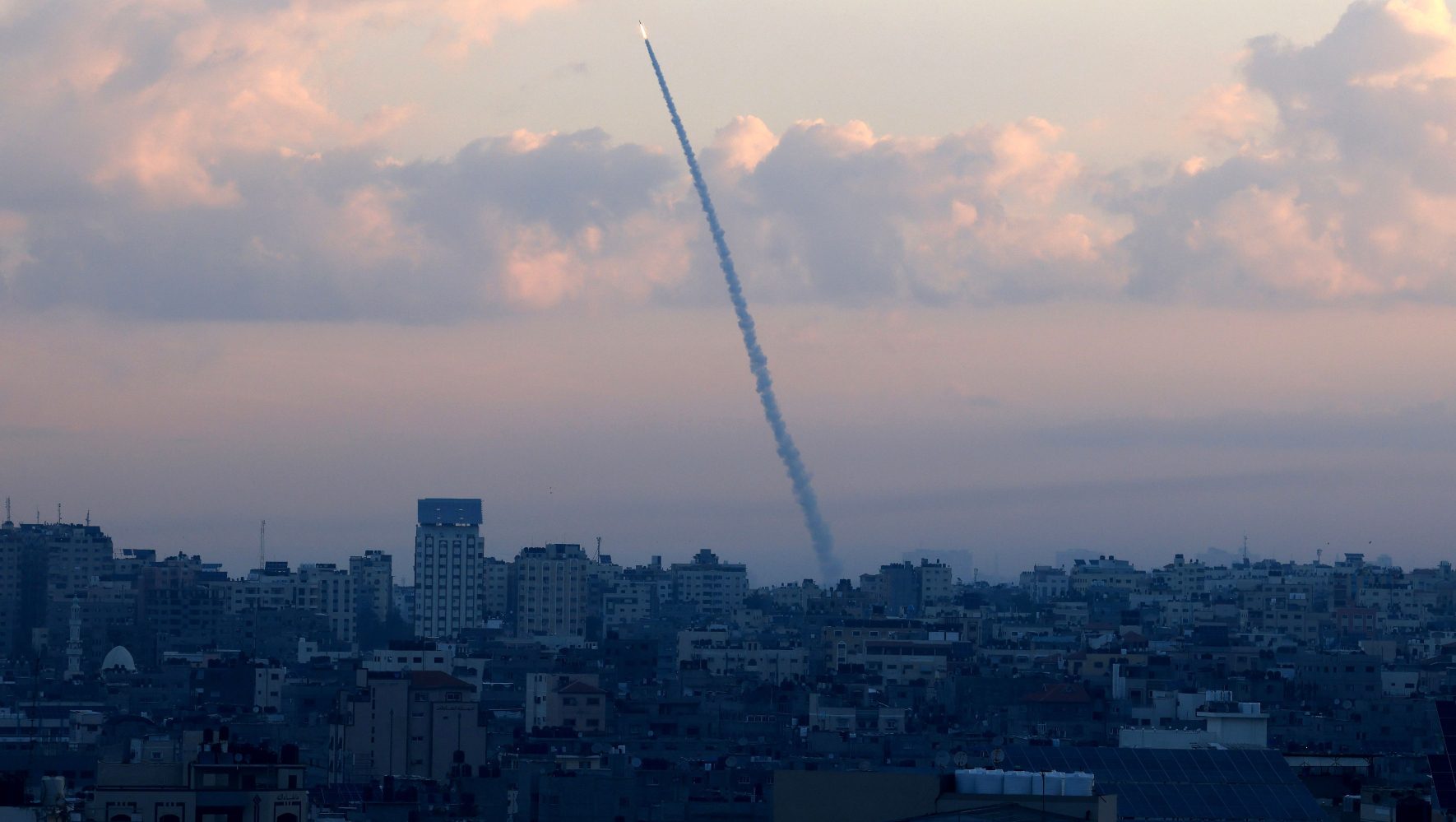
From Tragedy, a Sense of Purpose
Read More“To What Do We Align Our Compass?”
But it wasn’t just the work and being proactive at a time of war that brought us comfort and a sense of purpose. It was meaningful for us to respond as HIAS in Israel because of our history. When meeting with displaced communities and talking about HIAS, we felt like we were a part of something bigger, a link in the chain of our history. The organization that helped people escape the pogroms of the early 20th century and helped others exit Nazi Germany in the 1930s and reunite with their families after World War II is the same that helped people in the aftermath of October 7, 2023.
At times like these, when we are losing trust in our leaders, we turn inwards. We ask ourselves who we are. What values guide us? What does it mean to be a Jewish humanitarian organization during this war? To what do we align our compass?
The impact of the war was close and personal for almost everyone on the HIAS Israel team. Each of us knows a family whose loved ones were killed or taken hostage or endured extreme trauma or displacement. The death and suffering in Gaza are almost impossible to comprehend. We want to alleviate their suffering as well. Not out of neutrality, but out of pain and empathy. These emotions do not stop at borders.
In this war, we learned up close and in person the meaning of humanity. We saw refugees, such as the Eritrean “New Hope” community, step up and help Israelis, pack aid boxes, and drive food to isolated locations. These were not people who were treated warmly by the Israeli government. But they know what it feels like to be a refugee, and they recognized there was a need for their help.
What values guide us? What does it mean to be a Jewish humanitarian organization during this war? To what do we align our compass?
On a late afternoon in November, we gathered in a small Muslim cemetery in Jaffa to accompany Adam Brema on his last journey. Brema was a refugee from Darfur. He worked at a local charity while he waited to receive his temporary Israeli residency status. His friends described him as a kind, generous man with a huge heart. He came to Israel to find safety, but on October 7 he was murdered by Hamas terrorists in the streets of his town, Sderot.
On the day of his funeral, we stood there, a small group from HIAS Israel and our partners, along with several dozen members of the Sudanese community. The funeral was organized by Monim Haroon, our advocacy director and a Sudanese refugee himself, along with UNHCR. As we paid our respects for Adam, feeling the heavy grief in that cemetery, I noticed that there was no shelter where we were standing. And that if there were a rocket attack at that moment, I would just lie flat on one of the graves. It also occurred to me that one of the first actions that HIAS undertook after its founding, more than a century ago, was organizing a funeral for a migrant who died at the immigration station on Ellis Island in New York. Just another link in the chain.
A year after October 7, we pray for the return of the hostages and for the end of the war and suffering of all people on all sides. We pray that the displaced may be able to return home.
I am prouder than ever of the HIAS Israel team, who were able to get up every day, despite their despair, and come to the office. In their work, they continue to remind us that our compass points clearly in the direction of humanity.
